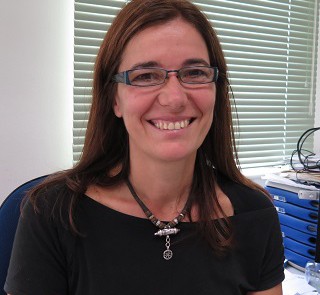My research interests are centred on the role that biological interactions, both direct and indirect, play in the functioning of benthic marine systems dominated by primary producers (macroalgae, seagrass meadows and coral). These systems are strongly influenced by predation and herbivory, and are prone to dramatic shifts in ecosystem state. These studies have led me to being increasingly interested in how these processes play out across the landscape, and how the movement and behaviour of predators and herbivores can influence the distribution and impact of these functions. I am particularly interested in understanding the role of megaherbivores (dugongs and turtles) in these systems – at ecological, historical and evolutionary time scales. All these studies fit into a larger understanding of the resilience (resistance and recovery capacity) of nearshore benthic systems in the face of rapid global change (increasing temperatures, overfishing, invasive species and eutrophication). I am fascinated by the feedbacks that allow these systems to exist in stable states, and the unravelling of these feedbacks when these systems are pushed beyond critical thresholds. My studies make use of long time series data (collected by me over the last two decades), combining observational trends with manipulative field and laboratory experiments, gradient-based studies and modelling approaches. Finally, thanks in part to the projects I am developing in India, I am becoming increasingly interested in understanding the functioning of coupled human-ecological systems, particularly the central role of resource-use institutions in regulating fishery overharvests. My work focuses on three geographical regions, the Mediterranean, the Lakshadweep Archipelago and the Andaman and Nicobar Islands in the Indian Ocean.
Teresa Alcoverro Pedrola
Scientific Researcher.

Department
Research group
Contact
Email
teresa@ceab.csic.es
Teresa Alcoverro Pedrola
Scientific Researcher.
PROJECTS
The new Blue Carbon Ecosystems Research Network in Spain brings together experts from across the country to promote the conservation of saltmarshes and seagrass meadows. Its goal is to generate knowledge, advise authorities, and foster policies and projects that harness the potential of BCEs to fight climate change and support sustainability.
Change in ecosystems occurs over multiple temporal and spatial scales. Discriminating between actual changes, cycles and trends is often difficult or impossible without an adequate temporal perspective, since multiple processes interact at multiple temporal and spatial scales.
The project, with an explicitly interdisciplinary vocation, seeks, first of all, to document the role of storms as agents of change for Mediterranean coastal vegetation, both emerged and submerged (underwater meadows, marsh vegetation and dunes).
The effective assembly and integration of socio-ecological systems around marine forest habitats will allow the identification of optimal balance scenarios between the long-term conservation of coastal benthic ecosystems and the viability of small-scale fisheries for both sea urchins and of their predatory fish.


